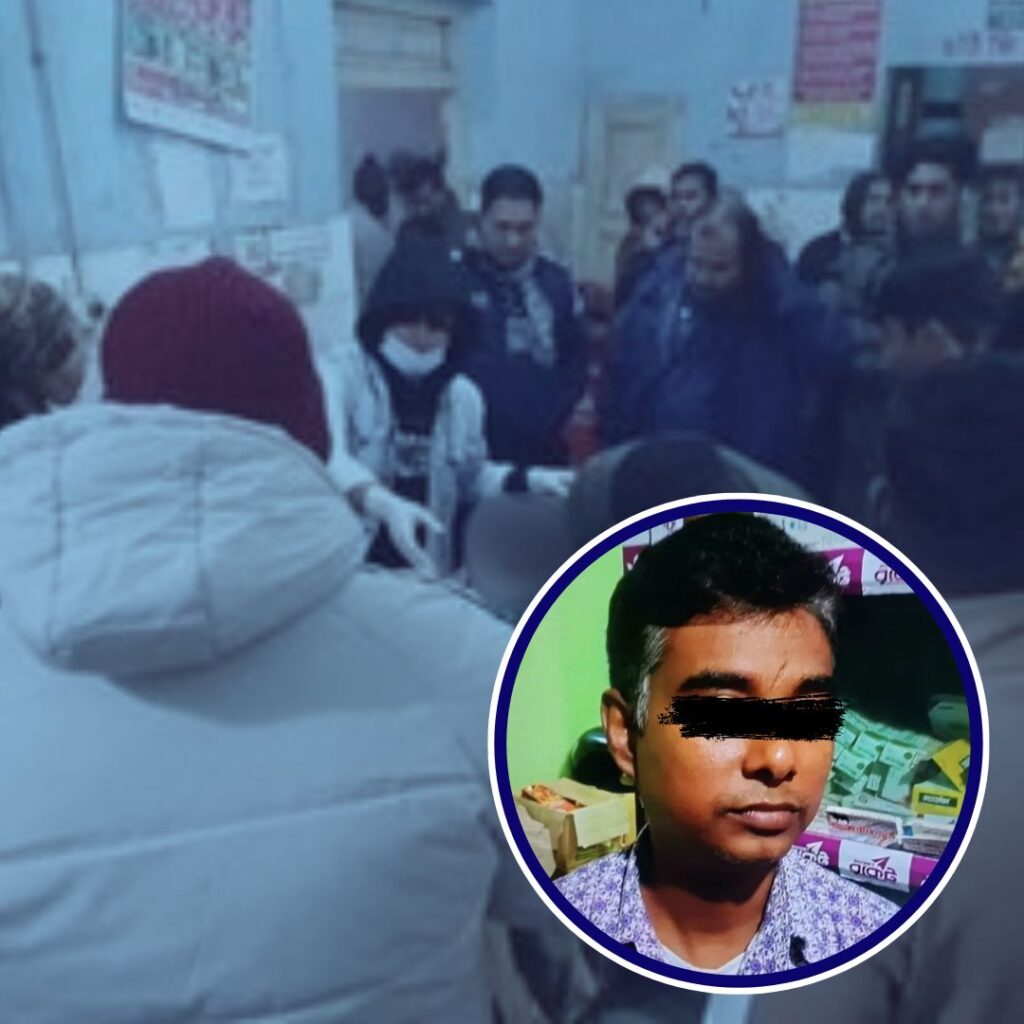The decomposed body of 26-year-old Angoori Devi was discovered under a bed in her rented accommodation in Dundahera, Gurugram, on November 5, 2025, after neighbours noticed a foul stench and blood seeping from the locked room.
Police suspect her live-in partner, Anuj, who has been missing since the murder and is the prime suspect. Investigations reveal she was likely strangled, though a post-mortem is awaited to confirm.
Angoori was living apart from her husband after a family fallout and working in the city. The police are actively collecting evidence, scanning CCTV footage, and tracing phone records in an attempt to locate the accused.
The case highlights issues related to domestic violence and the vulnerabilities of women in live-in relationships.
Discovery and Investigation
The grim discovery was made when neighbours, disturbed by the smell and a trail of blood from the victim’s two-bedroom home, alerted the caretaker, who in turn contacted the police.
Inspector Vinod Kumar from the Udyog Vihar police station noted the main door was locked from the outside, and the decomposed body was found hidden under a bed.
The police believe the murder occurred roughly a week earlier, coinciding with Angoori’s last sighting on October 31 when she was seen washing clothes outside her home.
Though the body was decomposed to an extent where marks of strangulation were hard to identify, circumstantial evidence strongly points to murder by strangulation or throttling. No visible injury marks were found, but the context and manner of concealment indicated foul play.
Angoori’s husband, who resides elsewhere and reportedly has been out of contact since before the incident, is cooperating with the police but is not considered a suspect.
The main suspect remains Anuj, her live-in partner, who is yet to be apprehended despite police efforts including raids and surveillance of phone activities.
Background on the Victim and Relationship Dynamics
Angoori Devi, originally from Kapashera, Delhi, and later residing in Dundahera village, Gurugram, had been living in rented accommodation at Udyog Vihar for about 20 days.
She was previously married but separated from her husband due to familial disputes, living independently while working for a private company.
Angoori’s relationship with Anuj, the accused, had reportedly lasted approximately one and a half years, yet details about the nature of their relationship and any prior conflicts remain under investigation.
Neighbours described a routine where Angoori left for work early and returned in the evening. The sudden silence when she was last seen and the inability to contact her immediately raised concerns before the grim discovery.
The case brings attention to the precarious position of women in live-in relationships who may lack immediate family support and face increased risks of domestic violence.
Police are scrutinising CCTV cameras around the residence and interviewing potential witnesses to build a timeline.
The Logical Indian’s Perspective
This tragic incident serves as a stark reminder of the vulnerabilities faced by women living independently or in live-in relationships in India’s urban environments.
The Logical Indian stresses the imperative for fostering social empathy, raising awareness about domestic violence, and strengthening protective legal frameworks that prioritize women’s safety and dignity.
Empathy and constructive social dialogue must be at the forefront of efforts to confront and prevent such tragedies.
It is important for communities, law enforcement, and policymakers to work together to create environments where women can live safely without fear.












